-
- Find Care
-
- Visitor Information
- Find a Location
- Shuttles
- Visitor Policies
-
-
-
- Our Virtual Care Options
- Virtual Urgent Care
- Virtual Visits for Primary & Specialty Care
- Online Second Opinions
- Participate in Research
-
- Contact us
-
- For Innovators
- Commercialization Guide for Innovators
-
-
- Research News
- Alzheimer's Disease
- Artificial Intelligence
-
- Overview
-
- Overview
- Getting Started
- New to Mass General Brigham
- International Patient Services
- What Is Patient Gateway?
- Planning Your Visit
- Find a Doctor (opens link in new tab)
- Appointments
- Patient Resources
- Health & Wellness
- Flu, COVID-19, & RSV
- Billing & Insurance
- Financial Assistance
- Medicare and MassHealth ACOs
- Participate in Research
- Educational Resources
- Visitor Information
- Find a Location
- Shuttles
- Visitor Policies
- Find Care
-
- Overview
- Our Virtual Care Options
- Virtual Urgent Care
- Virtual Visits for Primary & Specialty Care
- Online Second Opinions
-
- Overview
- Participate in Research
-
- Overview
- About Innovation
- About
- Team
- News
- For Industry
- Venture Capital and Investments
- World Medical Innovation Forum (opens link in new tab)
- Featured Licensing Opportunities
- For Innovators
- Commercialization Guide for Innovators
- Contact us
-
- Overview
- Information for Researchers
- Compliance Office
- Research Cores
- Clinical Trials
- Advisory Services
- Featured Research
- Two Centuries of Breakthroughs
- Advances in Motion (opens link in new tab)
- Brigham on a Mission (opens link in new tab)
- Gene and Cell Therapy Institute
- Research News
- Alzheimer's Disease
- Artificial Intelligence
-
- Overview
-
- Overview
- Residency & fellowship programs
- Brigham and Women's Hospital
- Massachusetts General Hospital
- Mass Eye and Ear
- Newton-Wellesley Hospital
- Salem Hospital
- Integrated Mass General Brigham Programs
- Centers of Expertise
- Global & Community Health
- Health Policy & Management
- Healthcare Quality & Patient Safey
- Medical Education
- For trainees
- Prospective trainees
- Incoming trainees
- Current trainees
- Continuing Professional Development
2023 Commercialization and Inclusive Leadership Program: Promoting Inclusive Innovation at Mass General Brigham

On May 15, innovators from across the Mass General Brigham system gathered for the 2023 Commercialization and Inclusive Leadership Program (CILP), held in partnership with Babson College. Fifty participants were selected for this year’s program, representing over 15 hospital departments and divisions across Mass General Brigham.
Zara Cooper, MD, MSc, kicked off the day with a keynote address on the impact of diversity on innovation. Cooper, an acute care surgeon, trauma surgeon, and surgical intensivist at Brigham and Women’s Hospital, also serves as Brigham’s chair of the executive advisory committee for diversity, equity, and inclusion.
“The keynote address from Dr. Cooper this morning was an amazing way to start everything off,” said Taylor Cannon, PhD, a research fellow at the Wellman Center for Photomedicine at Massachusetts General Hospital. Cooper shared details about her background and the many roles she fills—mother, wife, surgeon, mentor, health-services researcher, advocate—noting that she brings each of these elements of her identity with her to everything she does. Her message to participants emphasized that they too possess equal complexity and unique perspectives that are essential to the innovation process and, ultimately, making our health system more hospitable to all.
Moving toward commercialization
A core objective of CILP is to break down barriers to innovation by providing resources and education to potential innovators across the Mass General Brigham system.
The Barriers to Innovation survey, first conducted in 2020 and again in 2022, was designed to help understand the factors driving the disparity between women and men participating in innovation.
The survey, a collaboration with Innovator Community Expansion Initiative (ICEI) advisor Katie Coffman, PhD, associate professor, Harvard Business School, found that lack of know-how was one of the largest perceived obstacles, impacting all potential innovators.
To address this, Rebecca Listfield, PhD, vice president of business development & licensing at Mass General Brigham Innovation, joined CILP to provide an overview of intellectual property and the technology commercialization process. Listfield’s “What is Commercialization” session covered a variety of topics, including types of inventions, patentability, and intellectual property value drivers, as well as resources available to innovators at Mass General Brigham.
The discussion on commercialization continued with a session led by Wiljeana Glover, PhD, associate professor at Babson College, on the how of commercializing innovation. Glover, a health innovation scholar and health care entrepreneur, introduced a Babson proprietary methodology for conceptualizing an idea and taking action to move it forward.
“During my time in the program, I learned so much about how to protect the ideas I develop in my journey, who the people are I can partner with, and how to think about the right people to partner and connect with,” said Theresa Oduol, a research assistant and lead director of the diversity, equity, and inclusion initiative within the division of pharmacoepidemiology and pharmacoeconomics at Brigham and Women’s Hospital. “It brings a collective of people with such diverse backgrounds together to really think about ‘I have an idea, what does that mean, and how can I move forward with it,’ whether it’s relevant to the work you do within the health care space or even outside of that.”
Inclusive innovation
How do I develop and sustain inclusive practices?
How can I work in ways that leverage the diversity of my colleagues, employees, patients, and other stakeholders?
These and other key questions were addressed in a DE&I-focused session led by Wendy Murphy, PhD, associate dean of undergraduate academic programs and a professor of management at Babson College. The room was buzzing with activity as participants joined small breakout groups to work together on creative tasks, applying lessons they had learned on fostering team environments, and fair team decision-making practices.
 Pictured, left to right: Martin Buta, MD, MBA, Ling Xiao, PhD, and Hannah Peterson, PhD
Pictured, left to right: Martin Buta, MD, MBA, Ling Xiao, PhD, and Hannah Peterson, PhD
The day wrapped up with a live case study. David T. Ting, MD, an associate professor of medicine at the Mass General Cancer Center, walked listeners through his entrepreneurial journey—beginning with a discovery in his lab that eventually led to his co-founding a start-up company.
Ting was joined by Julius Knowles, partner at Mass General Brigham Ventures, who offered advice on when and how innovators can engage with our venture team.
Jennifer Finefield, PhD, associate director, business development & licensing at Mass General Brigham Innovation, moderated the discussion and the subsequent Q&A session.
“As someone who works in an academic setting, it’s often not easy to connect with people who are interested in innovation or have experience working with industry,” said Joseph Hardie, PhD, a postdoctoral research fellow at Harvard Medical School.
“Having this opportunity to interact with a variety of people who are interested in doing this kind of work, while also getting direct advice about how to take the next steps to start your own innovation journey is a great opportunity.”
CILP is part of the Innovation Community Expansion Initiative (ICEI) led by Diana Schwartzstein and managed by Anu Gupte and Casey Frazier. ICEI seeks to grow and diversify the innovator community at Mass General Brigham.
To learn more about our efforts with the Innovation Community Expansion Initiative, email icei@partners.org.
Related news
-
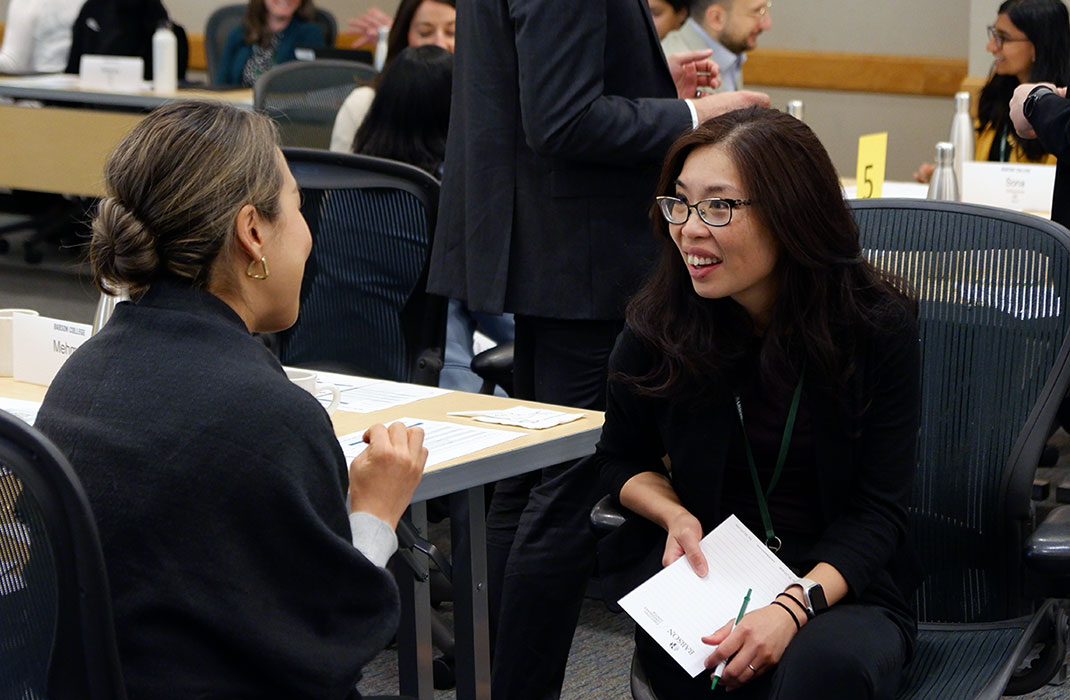
published on
-
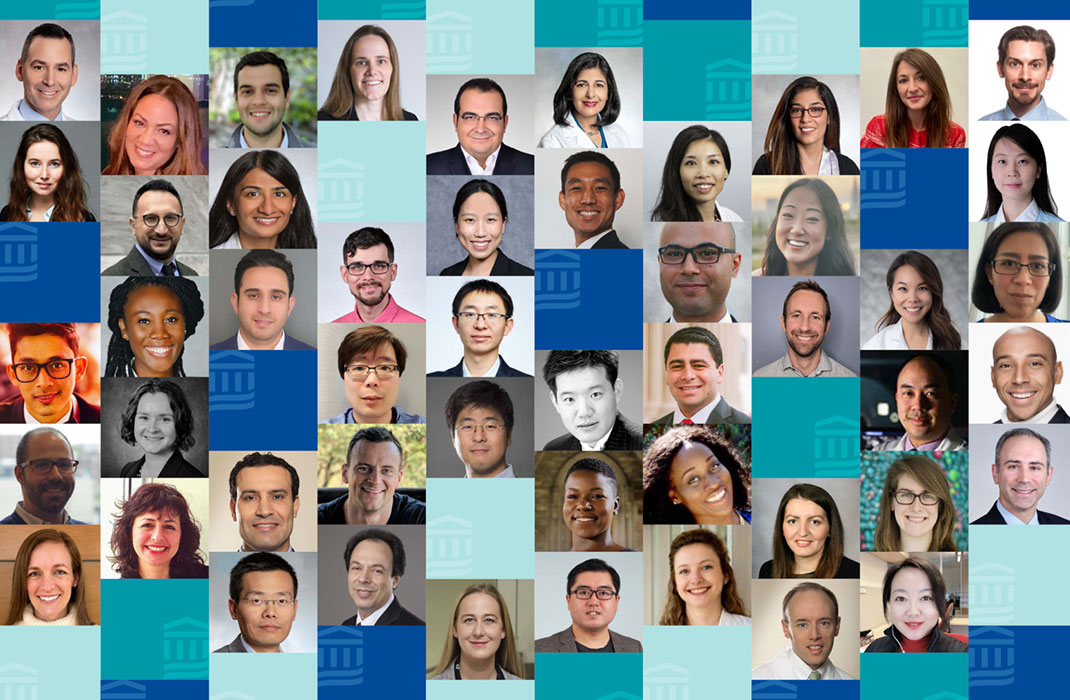
published on
-
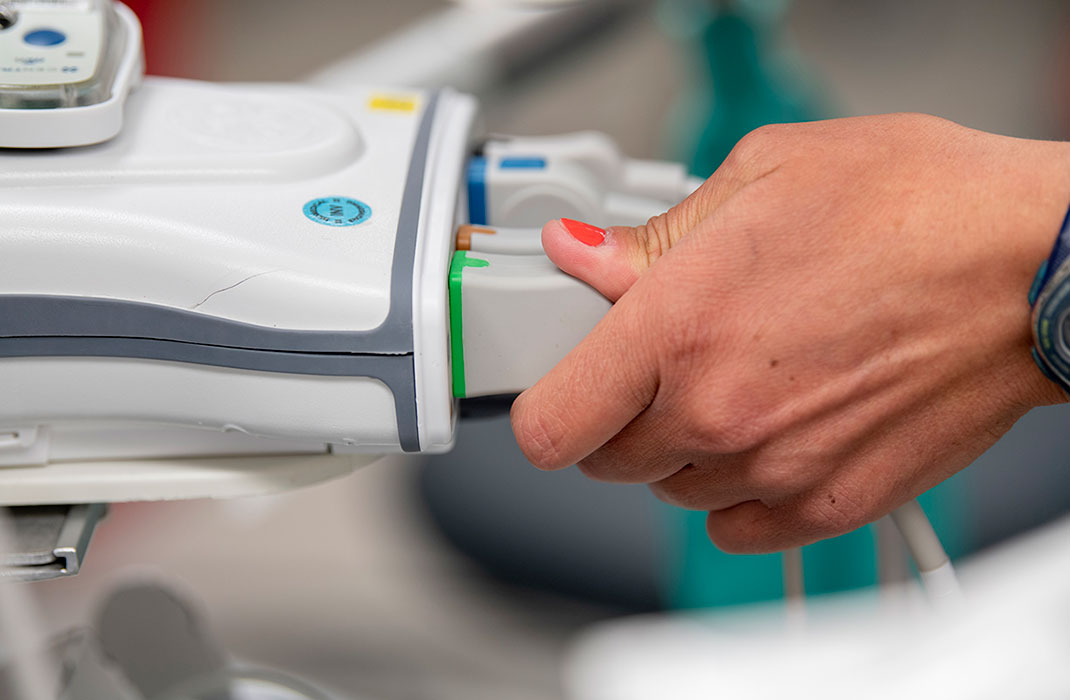
published on
-

published on
-
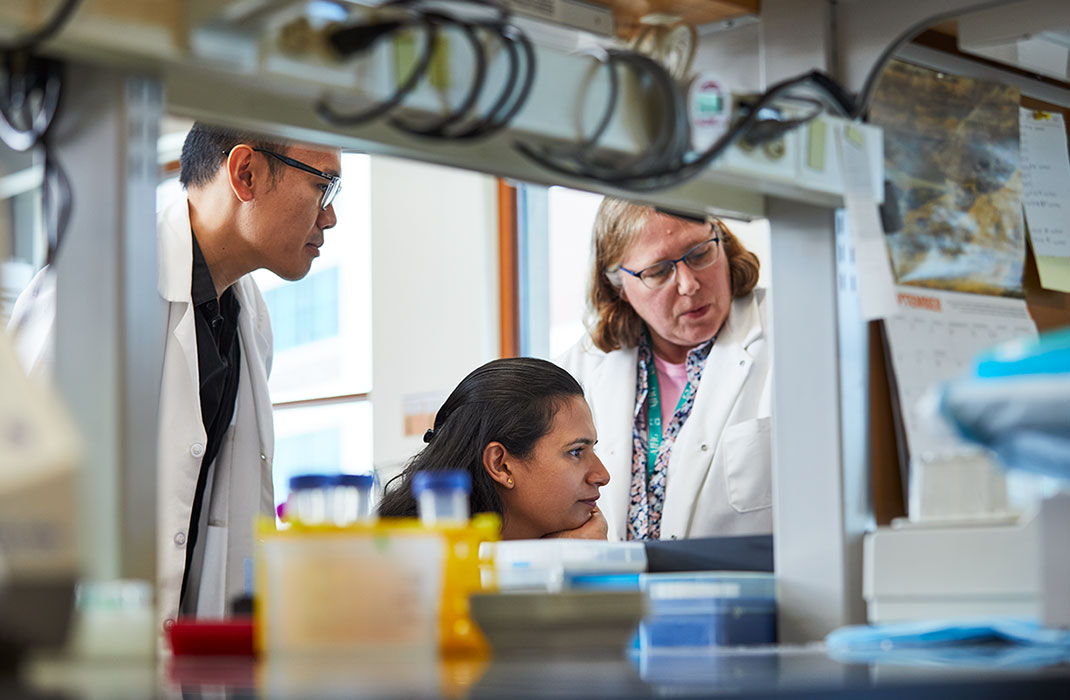
published on
-
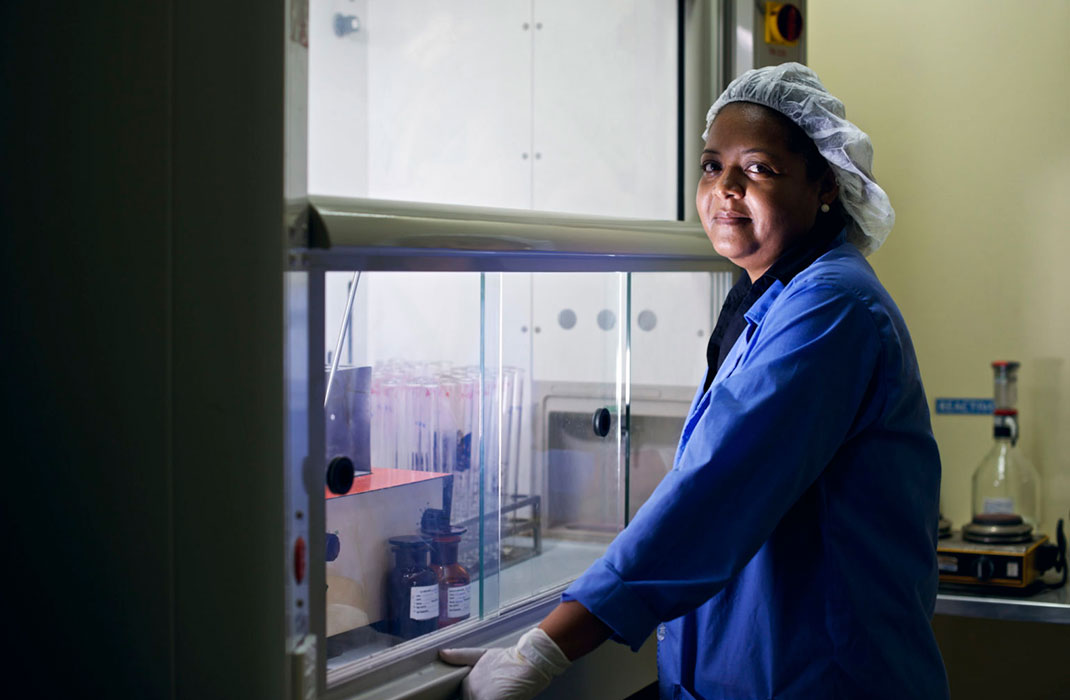
published on